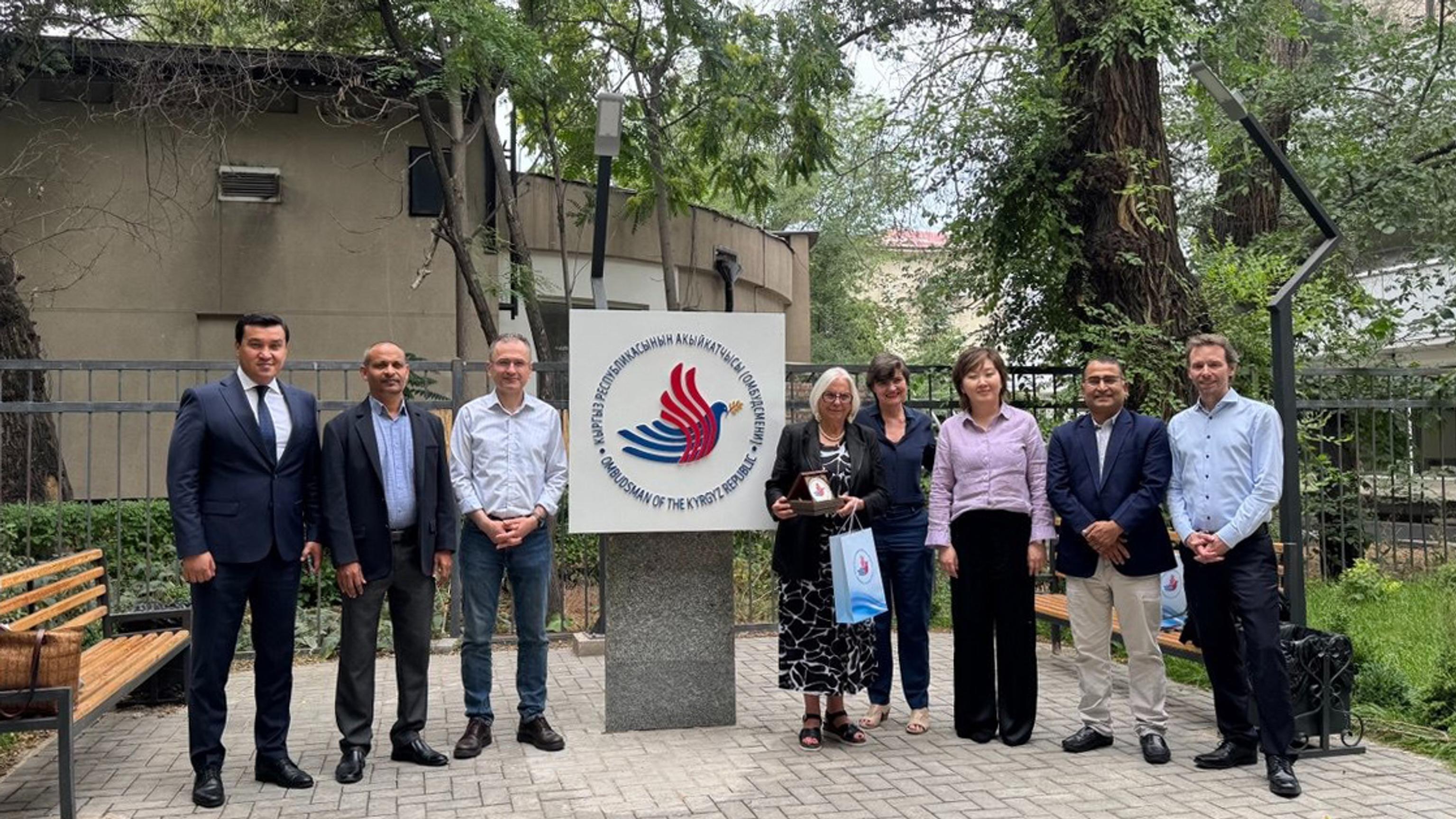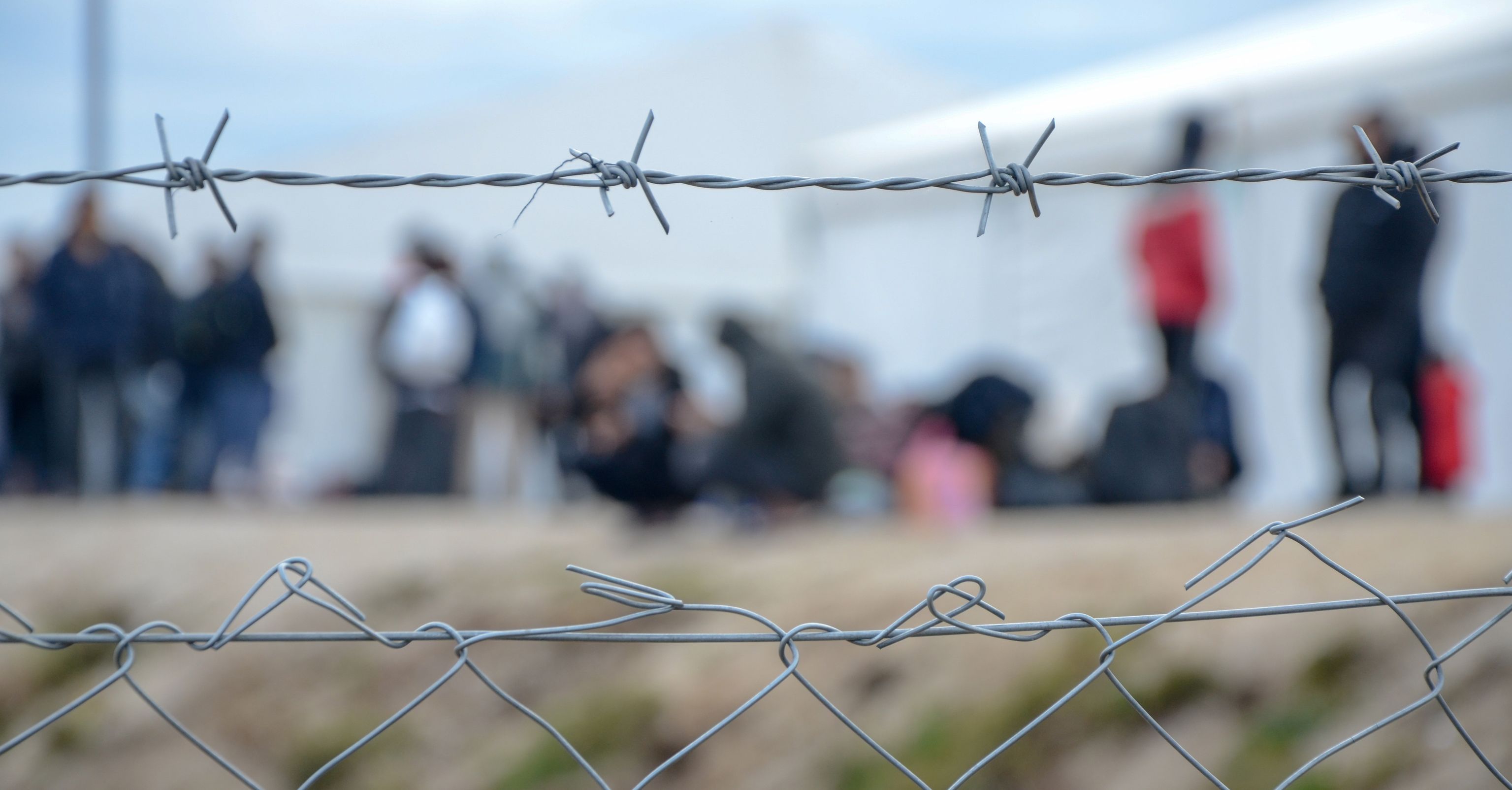Fact Sheet 5: Role and functions of NHRIs - Human rights education
01
Human rights education is directed towards three interconnected outcomes: increasing knowledge; to change values, beliefs and attitudes; to inspire action.
02
Effective human rights education requires strategic decision-making in relation to the NHRI’s key target groups, forms of education, means of education and educational methodologies.
03
Human rights education is a specialist activity that requires NHRIs to have skilled trainers, facilitators and educators.
To claim their rights, seek redress for violations and respect the rights of others, people first need to understand their rights. To properly respect, protect and fulfil the rights of those within their borders, State agencies, corporations and other duty bearers need training and professional development.
National human rights institutions (NHRIs) have a crucial role to play in advancing human rights education in their countries. It is a central to their mandate.
The Paris Principles set out that NHRIs have a responsibility to "assist in the formulation of programmes for the teaching of, and research into, human rights and to take part in their execution in schools, universities and professional circles".
Human rights education is essential to the long-term prevention of human rights abuses. It is a powerful investment in developing a strong human rights culture and, ultimately, in building fairer and more inclusive societies.
Why undertake human rights education?
Human rights education is directed towards three key outcomes:
- Building knowledge about human rights and the mechanisms for their protection, as well as how and why human rights violations take place and the steps needed to address them
- Changing values, beliefs, attitudes and behaviours to promote a human rights culture across all sectors of society
- Promoting action so that individuals are able to defend human rights and prevent abuses within their own contexts and communities.
Human rights education should compel action. This action should seek both to protect human rights and to prevent human rights violations. It should also be directed toward the fulfilment – the full enjoyment – of human rights.
It is vital that NHRIs develop human rights education programs that inspire, equip and mobilise people to be human rights actors and defenders.

Developing effective human rights education
Human rights education is for everyone. However, limited resources mean that NHRIs should focus their efforts on reaching the following groups in order to maximise their impact:
- Rights holders: those most vulnerable to human rights violations, such as women, children, people with disabilities, indigenous peoples and people from minority groups
- Duty bearers: those with the power to defend or violate the human rights of others, such as law enforcement officials, prison officers and civil servants
- Influencers: those most able to inform or challenge other people's opinions and actions, such as community leaders.
To be effective, NHRIs must develop human rights education programs that understand and respond to the situations of these different groups. A 'one size fits all' will not work, as different communities require different forms of education, different means of education and different educational methodologies.
NHRIs must provide human rights education programs in a range of educational settings – formal, non-formal and informal – to create an environment where people feel best able to participate.
Most participants in these programs will be adults, which means NHRIs need to develop methodologies that support adult-centred learning and facilitate collaboration rather than the "chalk and talk" approach commonly used in school settings.
NHRIs should also give close consideration to the issue of gender when developing and delivering human rights education programs, especially when engaging with women and girls. The content, timing and location of these programs, as well as the gender of the facilitators, can all contribute to the effectiveness – or otherwise – of the NHRI's initiatives.
The resources that NHRIs develop must be accessible to all people, especially those with low literacy and people with disabilities. This could include, for example, developing resources written in plain language, multiple languages cartoons, story-based materials, video materials and audio materials.
NHRIs should also translate key resources into different languages in order to reach individuals and communities – for example, migrant workers or indigenous peoples – who are most at risk of human rights violations.

Developing capacity within NHRIs
Human rights education is a specialist professional role. It requires skilled educators and facilitators.
While the delivery of training need not be limited to staff in the human rights education section of the NHRI, anyone who does conduct a program on behalf of the NHRI should be trained and qualified to do so.
NHRIs should provide training in human rights education and facilitation to their staff and these training opportunities should be available equally to male and female staff members. Training should incorporate the principles of human rights education, with a focus on effective methodologies for engaging adults and younger people.
Good practice
The legislation establishing the NHRI should include a broad function of awareness raising on human rights and human rights education and training.
The programs delivered by the NHRI should be informed by the following principles, irrespective of the type of activity, the issue or the participants.
Human rights education:
- is participant-centred and relevant
- is enhanced by partnerships and collaborations
- acknowledges participants as educators
- deepens knowledge and experience
- recognises that societal change comes from informed action
- is transformative.
Find out more
Chapter 13, Manual on National Human Rights Institutions
Human rights education: A manual for NHRIs






